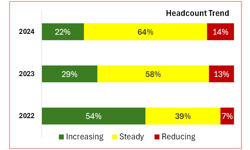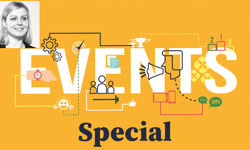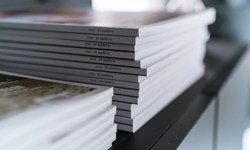
The pandemic has shown that publishing is one of those industries where the work does not have to be done seated in an office.
For publishers thinking about drawing the obvious conclusions – that they no longer need to maintain expensive office premises – pause!
That was one of the key takeaways from a panel session at this week’s PPA Leadership Summit – Managing cultural change in the wake of a crisis.
“I think that some of the companies that have gone early to total remote working will regret it,” cautioned Hearst UK’s James Wildman.
Because, the office still has a crucial role to play in:
- training and onboarding new staff and ongoing staff development
- setting and reinforcing brand culture
- fostering team spirit and motivation
- providing human contact, social interaction and broadening horizons
- providing space for serendipitous moments: the corridor interactions, those water cooler moments, the pre-meeting meetings
- providing a suitable workspace for the many (often younger) staff who are not lucky enough to have it at home
- maintaining the boundary between work and home, which has become blurred
- having fun! We’re in danger of depriving the younger generation of all the fun and experiences we had in our early careers.
The challenge is in rethinking what you do in the office. It should not be, said Think’s Tilly McAuliffe, the place “you come to do your emails”. For Haymarket’s Kevin Costello, it’s about reimagining the office as a “culture space”.
Proving we can do our work from home is a huge step forward and future employment practices look certain to be more flexible and tailored more to the needs of the employee, and that’s a good thing. But those needs don’t preclude some time spent in the office.
All agreed that this was a once in a lifetime opportunity to refashion the nature of work, but they all advised against rushed decision making. No one knows for sure what version of ‘work’ will work best, so, advises Kevin Costello, take it one step at a time, iterate and learn.
As James Wildman said, managing a hybrid arrangement – and setting new expectations – will be a lot more complex than managing either the all-in or all-out approach that we’ve seen in the last couple of years.
Mistakes will be made, but on the basis of these panellists’ flexible thinking, obvious goodwill and determination to get it right, the future of work looks tremendously exciting.










